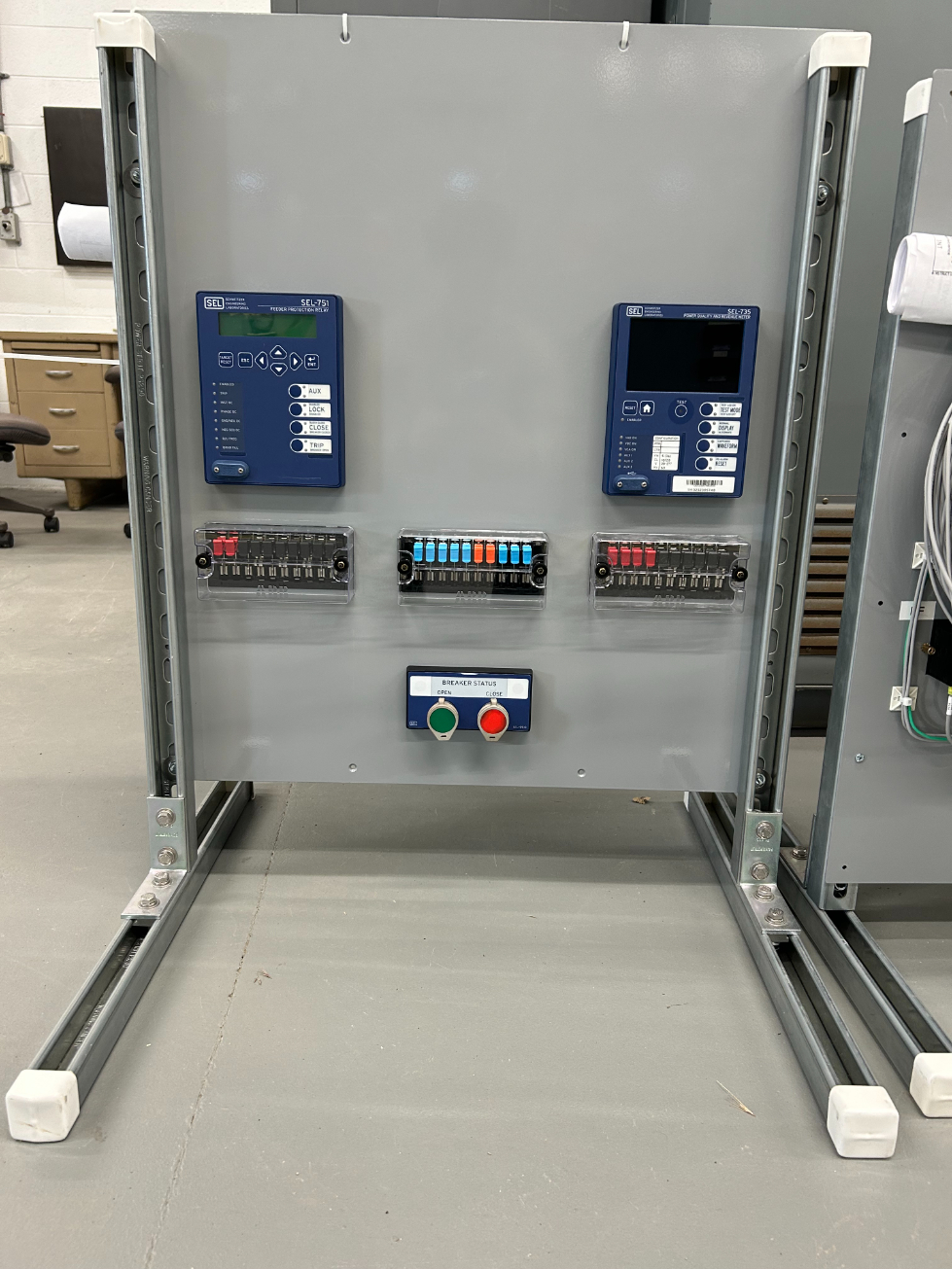EGR 290
Logan

Experience Information
Employer: Corteva Agriscience
Job Title: Power Systems co-op
Major: Electrical Engineering
Received Credit: Yes
Paid: Yes
Abroad: No
Description of the Organization
Corteva Agriscience is a worldwide pesticide, herbicide, and insecticide company. Corteva was a part of DOW Chemical, but have been separated for around 5 years now. Corteva has two chemical plants in Michigan, one in Harbor Beach and one in Midland. Corteva offers many jobs in the realm of engineering. Chemical engineering is their largest, but electrical, mechanical, systems, and controls, as well as instrumentation engineering, is required to run chemical plants of Corteva's size.
Description of the Tasks/Projects Completed
As a co-op of the power systems group on Corteva's Midland site, I was able to learn the engineering behind powering a extremly large chemical site. The largest project I was taked with was updating meter and relay devices for 20 different feeder circuits in two of our switching stations. This invovled updating/creating 120 different electrical drawings, specifically three-line, DC diagram, and connection diagram. In addition, I used a simulation software called ETAP to simulate faults on different parts of each circuit. This allowed us to theorectical see what would happen if a fault occured on one the ciruits, and how to relay would protect the equipment potentially impacted by the fault. I was also able to order parts for this porject, create procedures to turn specific sections of the bus off. I was also, fortunate enough to manage the implementation of one of the circuits I worked on. Unfortunately, in a chemical plant my group isn't allowed to just go turning off chemical processes when we want. It could be months to years before the other circuits I worked on could be implemented. I had other smaller projects that involved other smaller updates to electrical drawings, I was also able to experience some work with PLCs.
Skills/Knowledge Gained Through The Experience
In my electrical engineering classes, I have not reached my power systems class yet, so I learned a tremendous amount about power systems. I was even able to learn the math behind it. I also had the opportunity to learn 3 more engineering computer programs, understanding how electrical code must be followed for implementation in the power system, PLCs, and growing my proffesional manners.
Favorite Part of the Experience
My favorite part of my co-op experience was seeing how vital electrical engineering is to a chemical plant is, if power isn't supplied to these checmial plants the whole operation is useless. I was able to see many engineering projects happen in my time there. Some of the transformers and equipment on site is well over 50 years old, so maintenance must be done to them. I was able to see transformer oil being added to multiple transformers, multiple shutdowns, the inside of a switchgear, understanding how the main substaion powers the whole plant, walking around the yard of the main substation, managing my own shutdown and implementation of the project I worked on. Overall the experience I obtained this summer is priceless for my engineering career. I'm very thankful for the opportunity I was given.
How the Experience Influenced Future Career Goals
I'm still up in the air on which part of electrical engineering I want to go into. I could see myself working in power systems in the future. I like how I was not stuck in an office all day. This co-op may have influenced my decision. I enjoyed going to work everyday. I knew everyday I was going to learn something new and become a better engineer. Next semester I will be working with the instrumentation and process automation group, so I'm looking forward to see how these two compare.
Internship Format
In Person
